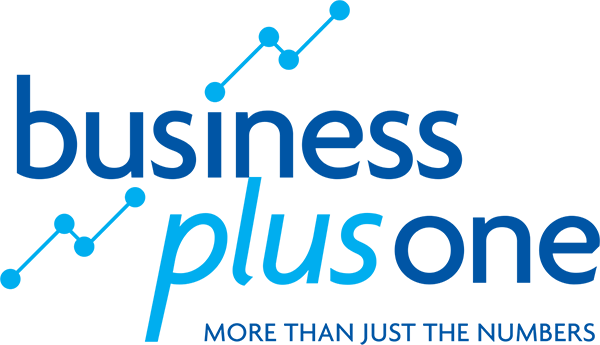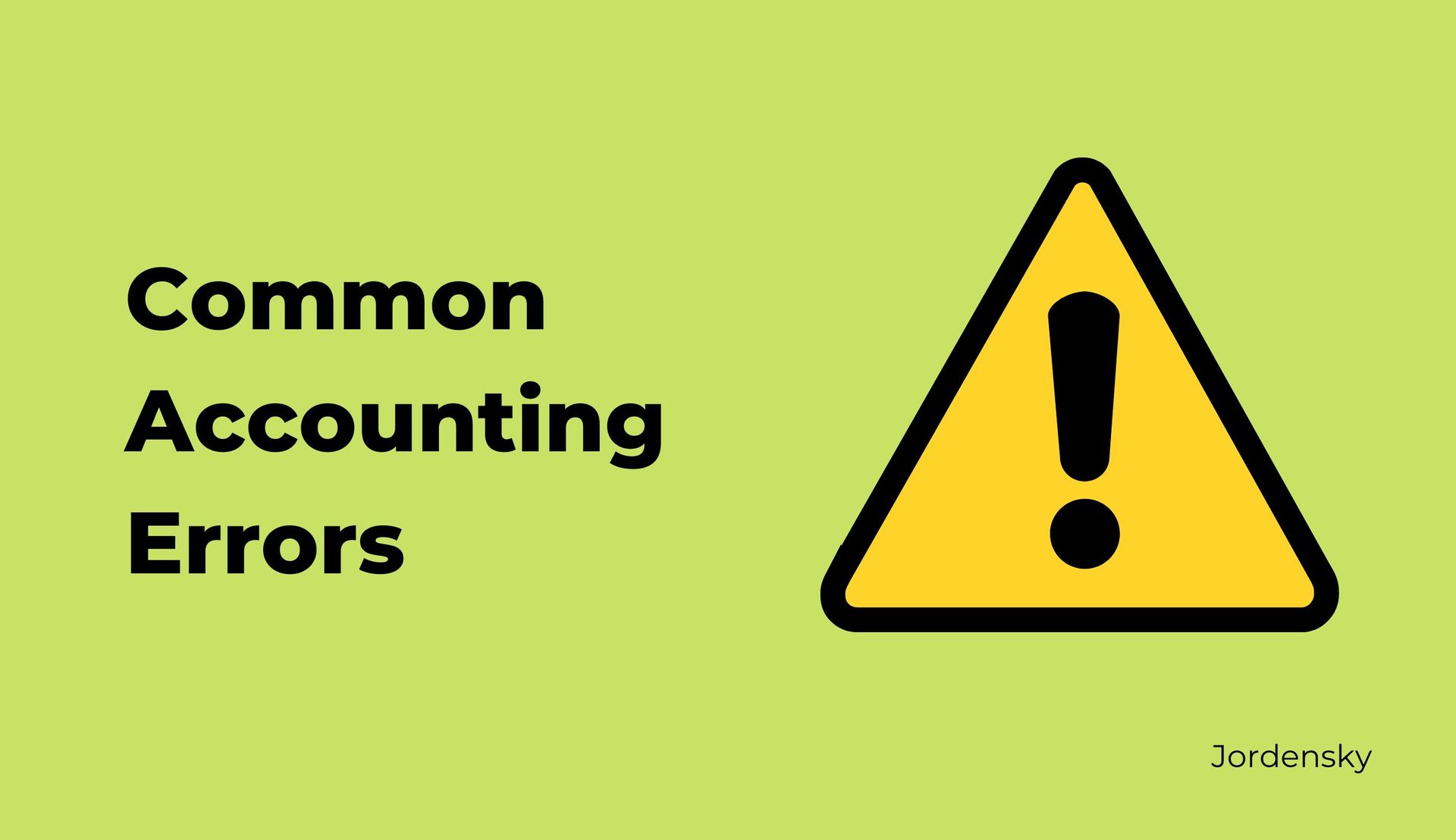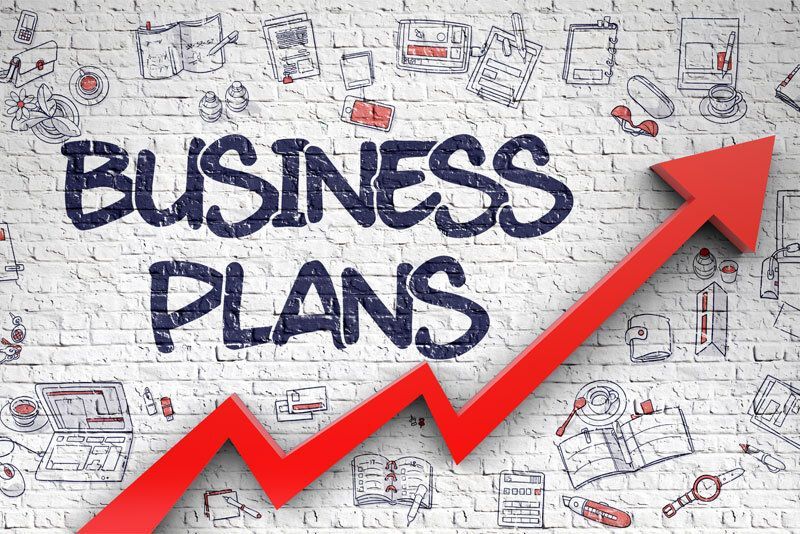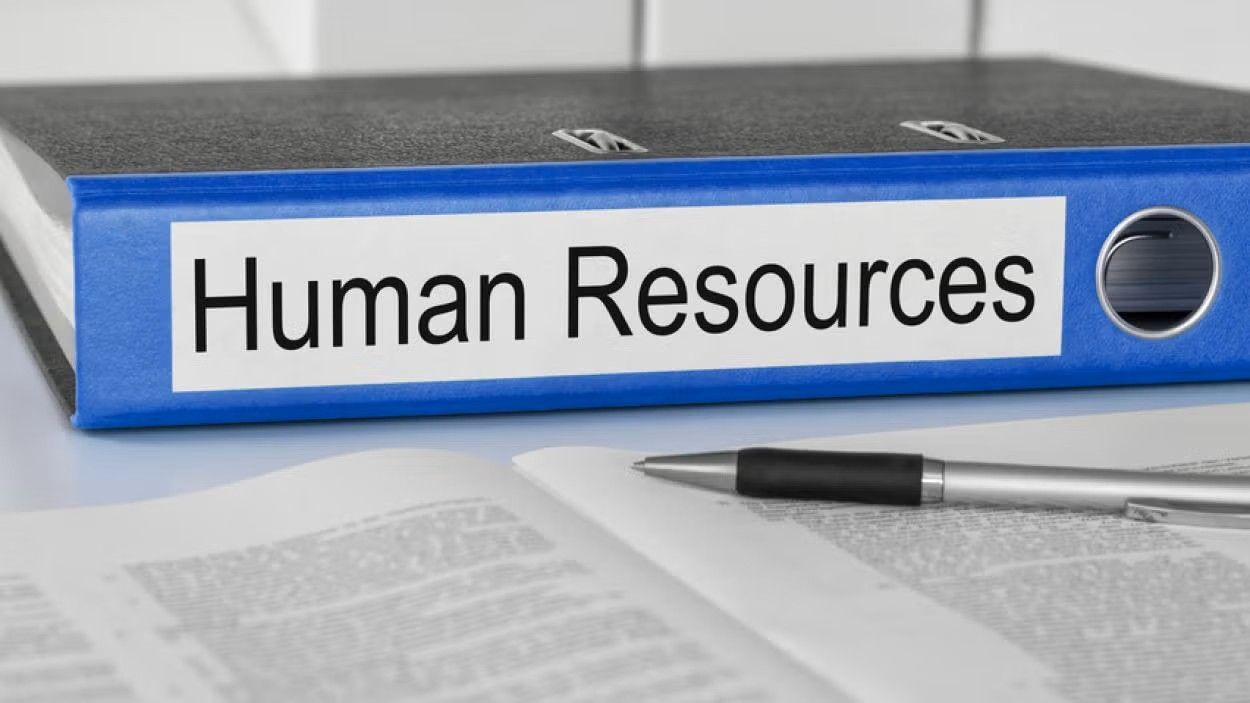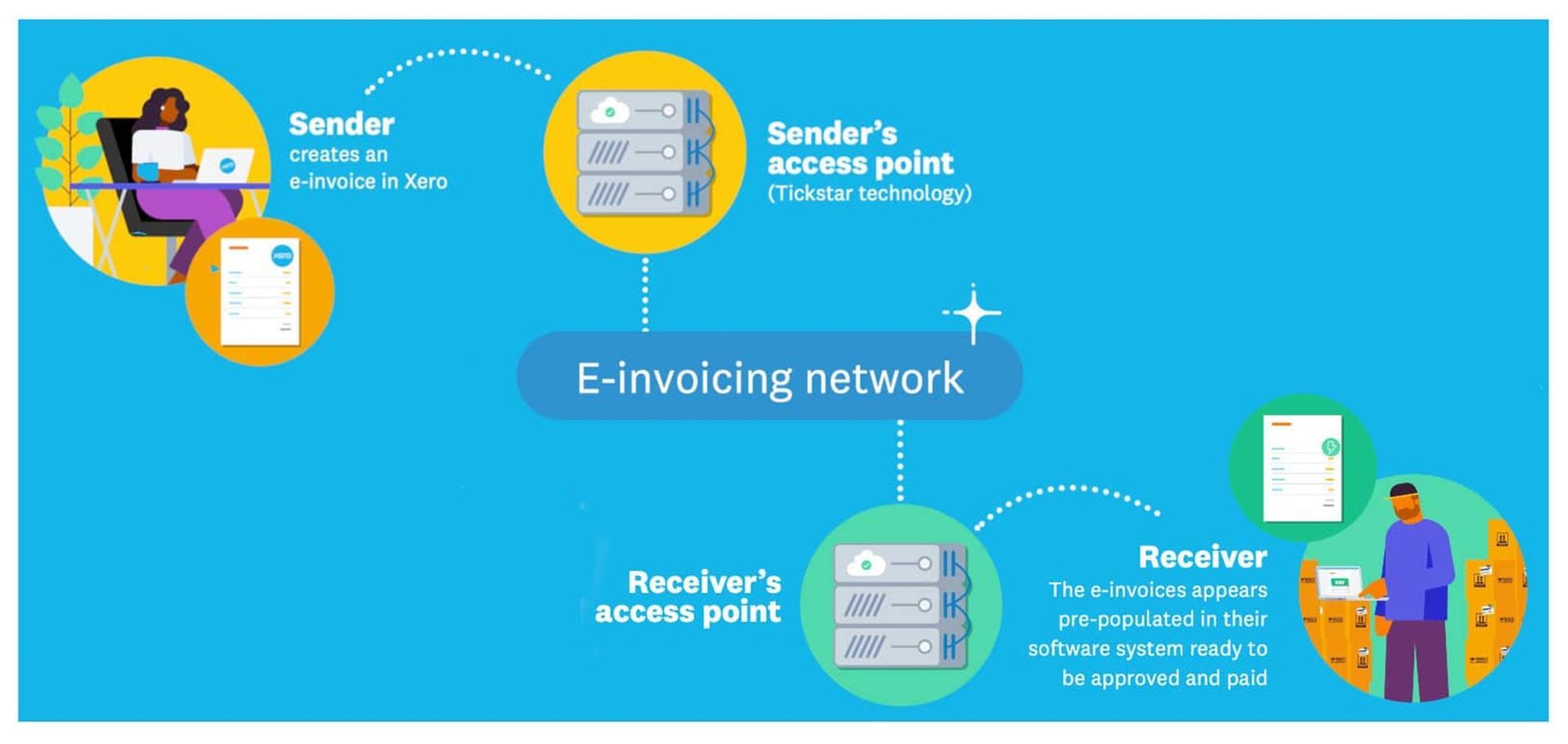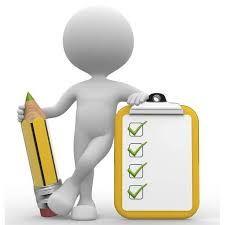In today’s fast-paced business world, many entrepreneurs and leaders are turning to business coaches/advisors for guidance. But is it worth the investment?
Yes — If you want clarity and accountability.
A good business coach/advisor can help you define your goals, sharpen your strategy, and stay accountable. They bring an outside perspective, challenge your assumptions, and help you see blind spots. For new business owners, this can be invaluable—especially when navigating growth, leadership challenges, or market shifts.
Yes — If you’re stuck or scaling.
Whether you're plateauing or preparing to scale, a coach/advisor can help you break through barriers. They often bring experience from other industries or businesses, offering insights you might not find on your own.
But No — If you’re not ready to act.
Coaching isn’t a magic fix. It requires commitment, openness to feedback, and a willingness to implement change. If you’re not ready to do the work, even the best coach/advisor won’t make a difference.
No — If you haven’t done your homework.
Not all coaches/advisors are created equal. Some lack real-world business experience or rely on generic advice. It’s crucial to vet their background, ask for references, and ensure their style aligns with your needs.
The verdict?
Business coaching can be a game-changer—but only if you’re ready to engage fully and choose the right coach/advisor. Like any investment, the return depends on what you put in.
